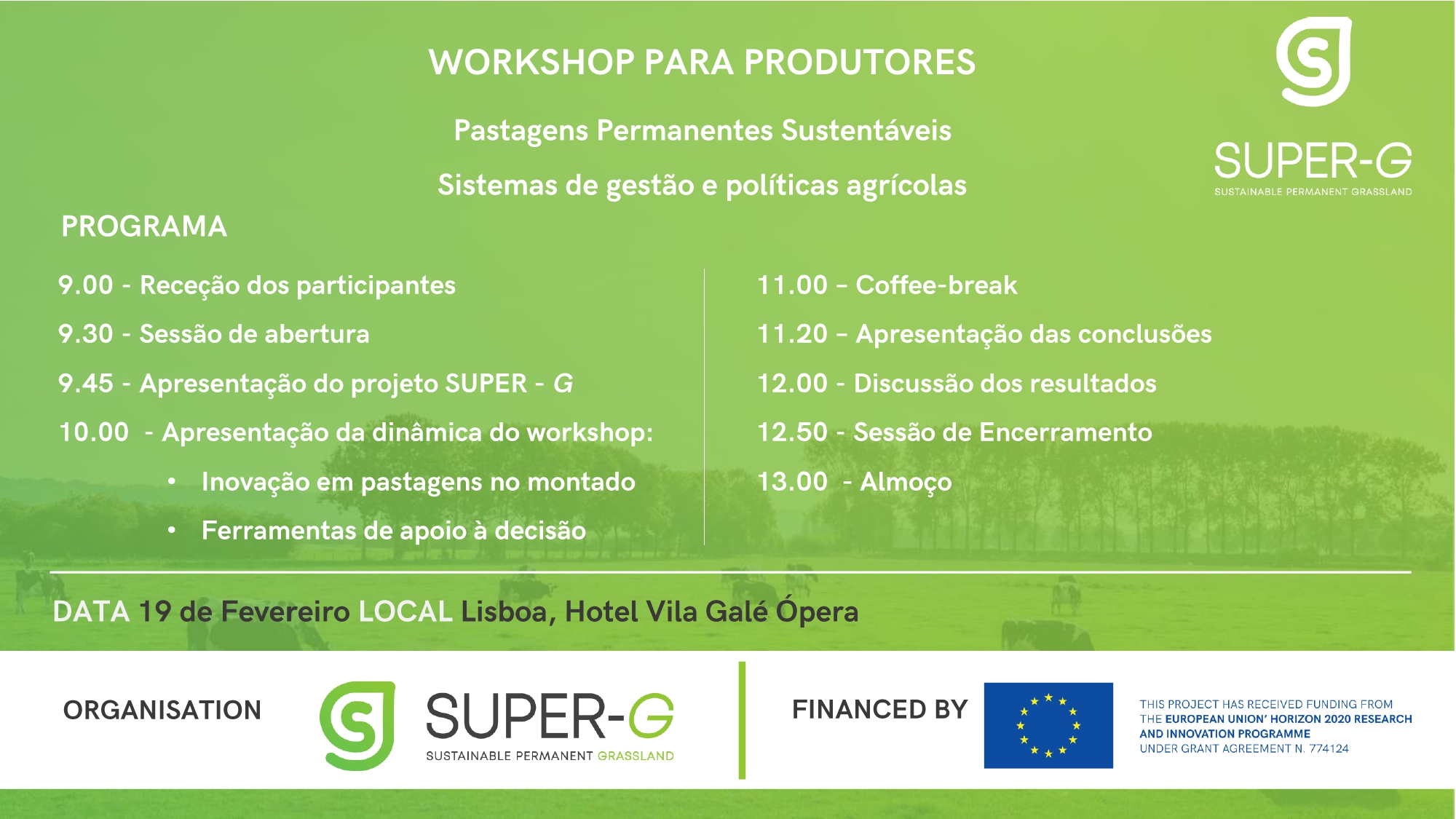ClieNFarms – a Research and Development project, funded by the European Commission, in supporting of the European Green Deal – aims to co-develop and upscale systemic locally relevant solutions to reach climate neutral and climate resilient sustainable farms across Europe.
Supporting the Farm to Fork (F2F) strategy, contributing to the achievement of its objectives, the ClieNFarms project aims to demonstrate, evaluate and improve technical, organisational and financial solutions at the farm level that will contribute to achieving climate-neutrality of European agriculture by 2050. This will be done by a multi-actor approach, interactively integrating and improving existing solutions to achieve economically viable business models in farming systems by involving farmers, extension services, agri-food business, policymakers, finance and citizens. These solutions will be disseminated, and young farmers will be targeted through capacity building.
The central operational focus of ClieNFarms is the case-study structure that will allow a strong empowerment of farmers and supply chain accompanied by a smooth dissemination and replication of the tested innovations. Called I3S (Innovative Systemic Solutions Space) the demonstration structure is based on demonstration farms, lead commercial farms, outreach farms and replicate farms working all together with the supply chain in a living-lab like structure approach.
ClieNFarms also intends to pave the way for combined biogeochemical (reduction in GHG missions, increase C storage) and biogeophysical effects (increase in surface albedo, reduction in sensible heat flux and infrared radiation) in order to mitigate climate change more efficiently, without any negative impacts for food security or yield/product quality.
The project is vastly innovative as aims to: (1) integrate different solutions to embrace mixed crop farming systems and animal production; (2) account for biogeophysical effects associated with changes in management practices in order to promote the synergies between the biogeochemical effects and the biogeophysical effects; (3) move from farm level to (eco)sytem level either through farm networks or by involving supply chains in a multi-actor desiged process; (4) validate integrative solutions and to develop the required financial incentives to engage farmers in the required transition.
This pioneering project is coordinated by INRAE and brings together a consortium of 33 partners and will start in January 2022.
Contact details:
- Project Coordinator: Jacques-Eric Bergez ( jacques-eric.bergez@inrae.fr )
- Project Communication Officer: Dina Lopes ( dlopes@consulai.com )
 Início - Sobre nós - Equipa
Início - Sobre nós - Equipa



